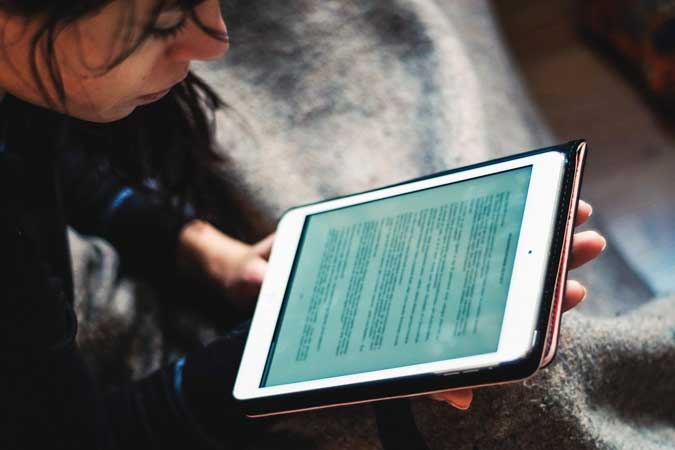
CLOSING the digital divide in the Philippines remains a challenge in the absence of access to new technology, especially in remote areas, the Department of Information and Communications Technology (DICT) said at a United Nations (UN) forum.
“We acknowledge the challenge of bridging the digital divide,” DICT Undersecretary David L. Almirol, Jr. said during a UN Economic and Social Commission for Asia and the Pacific conference on Tuesday.
“We must intensify efforts to ensure digital technology is accessible to all, especially in GIDA (Geographically Isolated and Disadvantaged) sites or in underserved areas,” he said.
Mr. Almirol cited the importance of regional cooperation and sharing of best practices to ensure the inclusive adoption of digital technology.
Mr. Almirol noted that the DICT has launched 24 e-Government platforms to date.
The DICT in 2022 launched the eGov Super App, which allows the public to access more than 1,200 national and local government services, he added.
Around 83 million digital national identification cards have been generated so far, Mr. Almirol said.
The backlog in physical cards remains at 32 million due to the limited capacity of government printing facilities, the Philippine Statistics Authority said in June.
“Even if the facilities are available, the digital divide will not disappear if people in certain regions do not have the devices to access these technologies but also the skills to use them and improve their lives,” Ateneo De Manila economics professor Leonardo A. Lanzona said via Messenger chat.
In August, around 2,600 of the government’s 13,462 free Wi-Fi sites went offline after the government failed to pay telecommunications contractors, DICT Secretary Ivan John E. Uy said.
The free internet program will also need a bigger budget next year as its P2.5-billion allocation is only good for five months, Mr. Uy told legislators last week.
“Bridging the digital divide in the Philippines remains a big challenge due to the inability of the government to implement a comprehensive digital literacy program that will empower the public,” Ronald B. Gustilo, national campaigner of Digital Pinoys, said via Viber.
The 2023 Internet Poverty Index reported that at least 20 million Filipinos are “internet poor” or financially incapable of availing of at least one gigabyte worth of internet data per month
Mr. Gustilo also noted that cybercriminals in the Philippines “have continuously remained steps ahead compared to the general population.”
Cybercrime incidents in the Philippines rose 21.84% year on year to 4,469 in the first quarter, the Philippine National Police Anti-Cybercrime Group said in April. — Beatriz Marie D. Cruz



